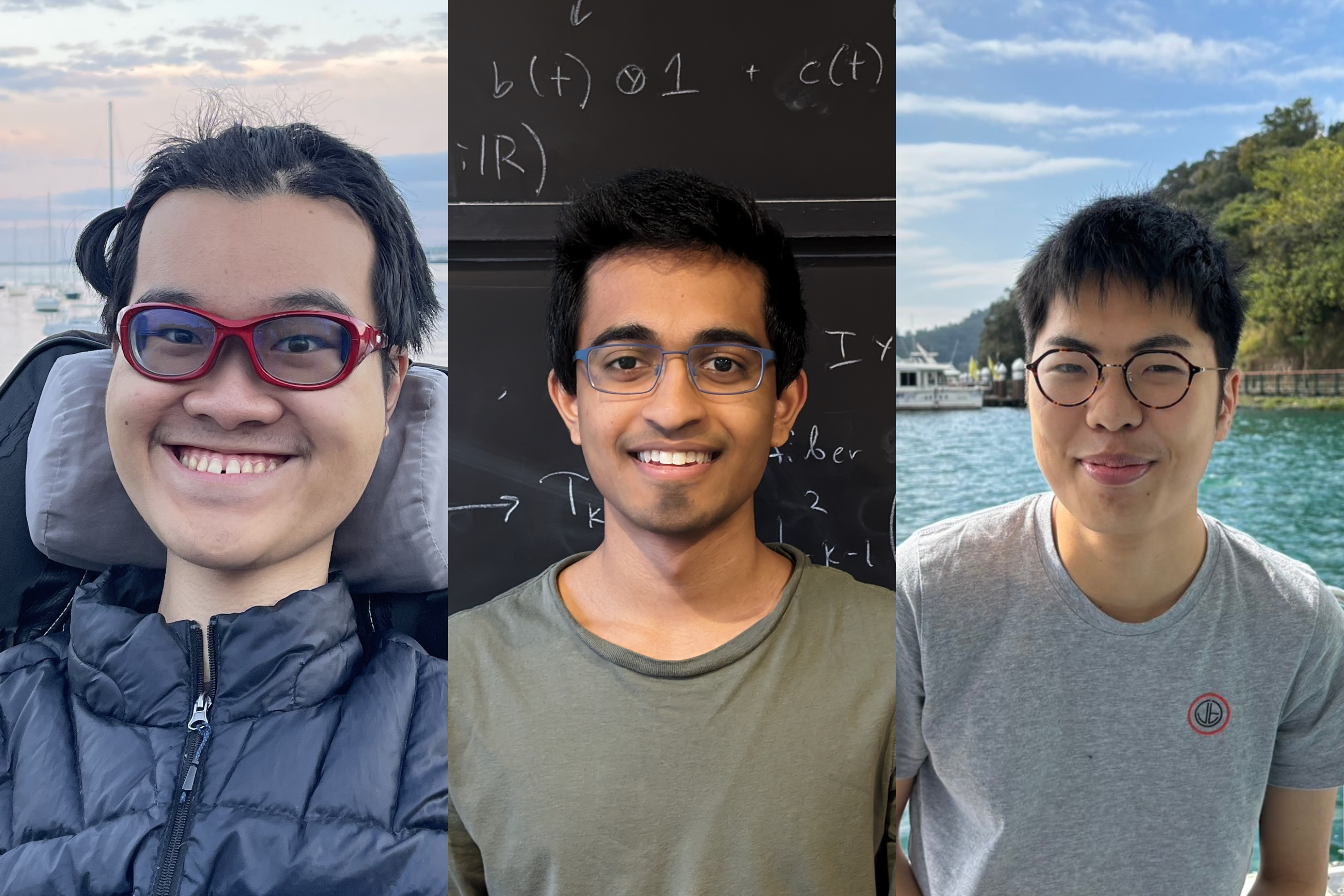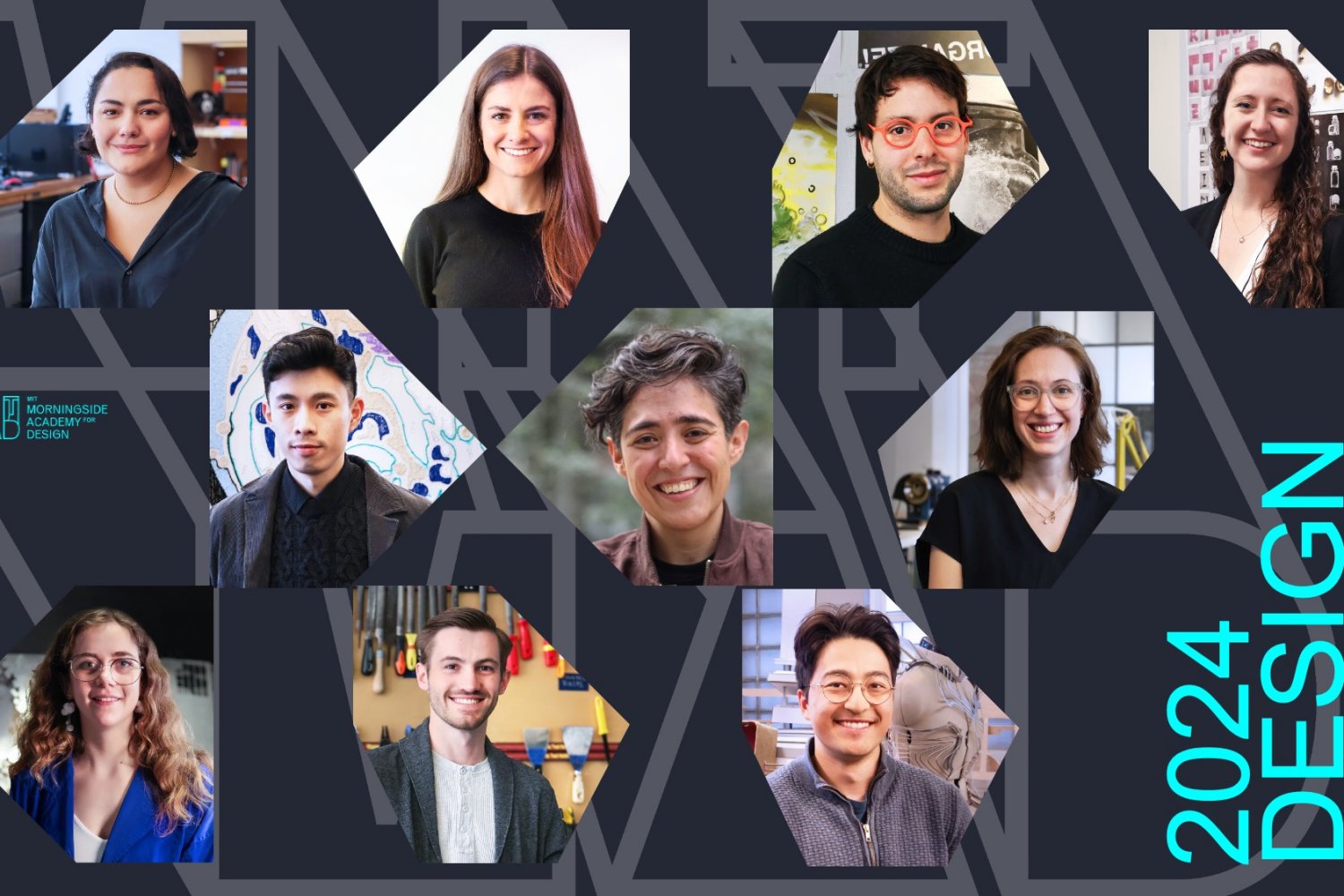Three exceptional students from MIT—Ben Lou, Srinath Mahankali, and Kenta Suzuki—have been honored with the prestigious Barry Goldwater Scholarship for the 2024-25 academic year. Selected from a pool of over 5,000 college sophomores and juniors, these scholars represent just 438 recipients nationwide, distinguished for their academic excellence and potential in research careers.
The Barry Goldwater Scholarship and Excellence in Education Foundation has been recognizing outstanding undergraduate students since 1989. Nearly 11,000 scholarships have been awarded, aimed to foster future leaders in the natural sciences, mathematics, and engineering. Recipients, like the MIT trio, are dedicated to advancing their fields, with a significant number aiming to pursue doctorate degrees.
Meet Ben Lou
Ben Lou, a third-year student from San Diego, California, is majoring in physics and mathematics, with a minor in philosophy. His research interests span various disciplines as he seeks to uncover innovative connections within mathematics and physics. Lou shares, “I want to draw from a wide range of topics in math and physics, finding novel connections between them to push forward the frontier of knowledge.”
Since January 2022, Lou has been collaborating with Nergis Mavalvala, the dean of the School of Science, and graduate student Hudson Loughlin in the LIGO group, a team pioneering the study of gravitational waves. Together, they aim to enhance quantum measurement and deepen the understanding of quantum gravity.
Mavalvala praises Lou in her recommendation letter, stating, “Ben has enormous intellectual horsepower and works with remarkable independence. I have no doubt he has an outstanding career in physics ahead of him.” Lou expresses gratitude towards his mentors, including esteemed professors Alan Guth and Barton Zwiebach, who sparked his interest in quantum physics. His future aspiration is to become a professor who inspires a love for math and physics in students.
In addition to his academic pursuits, Lou serves as vice president of the Assistive Technology Club at MIT and actively raises funds for Spinal Muscular Atrophy research. He envisions a future where he can merge philanthropy with his passion for assistive technology.
Introducing Srinath Mahankali
Srinath Mahankali, a third-year computer science major from New York City, has made strides in robotics research at the MIT Computer Science and Artificial Intelligence Laboratory since June 2022. Under the guidance of Pulkit Agrawal, an assistant professor of electrical engineering and head of the Improbable AI Lab, Mahankali focuses on training robots to operate efficiently. He dreams of developing robots capable of performing athletic feats, such as gymnastics.
Agrawal commends Mahankali, stating, “The experience of discussing research with Srinath is akin to conversations with the best PhD students in my group. He is fearless, persistent, creative, and executes tasks effectively.” Mahankali’s prior accolades include being a 2021 Regeneron STS scholar and a participant in the MIT PRIMES program, where he tackled optimization problems with expert mentorship.
Thankful for the guidance from his advisors, Mahankali aspires to earn a PhD and lead his own robotics lab, reinforcing his dedication to innovation in artificial intelligence.
Presenting Kenta Suzuki
Kenta Suzuki, hailing from Bloomfield Hills, Michigan, and Tokyo, Japan, is a mathematics major dedicated to research at the confluence of number and representation theory. Collaborating with professor Roman Bezrukavnikov, Suzuki employs geometric methods to explore p-adic groups. He has also drawn inspiration from professors Wei Zhang and Zhiwei Yun, the latter of whom commends Suzuki’s exceptional talents in his recommendation.
Previously recognized as a finalist for the Yau Science Award USA and an honorable mention in the Davidson Institute Fellows program, Suzuki participated in MIT’s PRIMES research initiative, where he first encountered mathematical inquiry.
Aiming for a PhD in pure mathematics, Suzuki hopes to contribute further to representation and number theory and to one day enlighten students at a research-centric institution.
Established by U.S. Congress in 1986, the Barry Goldwater Scholarship celebrates the legacy of Senator Barry Goldwater, providing scholarships up to $7,500 annually to cover tuition and related educational expenses.
Photo credit & article inspired by: Massachusetts Institute of Technology



